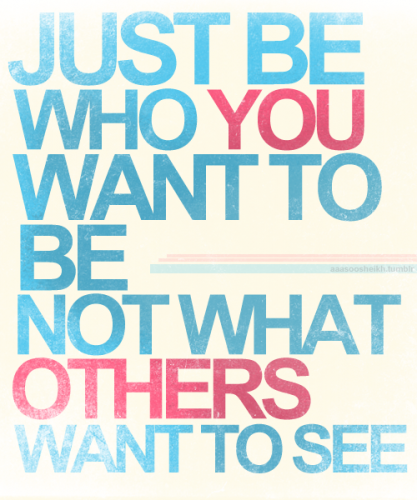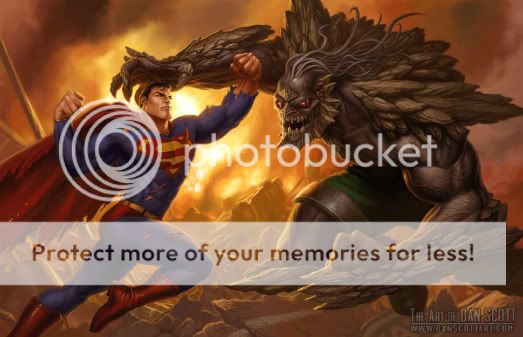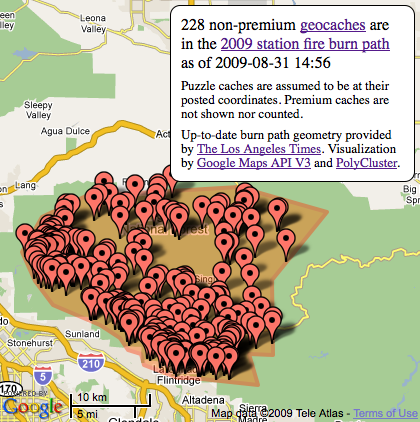***SPOILER ALERT***
On the outside ‘Catfish’ seems like an all too real scenario that could happen to just about anyone. In fact, there are probably plenty of people out there who have had an experience similar to this, just perhaps not taken quite to the same extreme, or maybe they just never got far enough along into the “relationship” to realize how similar it may have ended to Nev’s story.For most people, this would be impossible, but when put in the same situation as Nev, you can clearly see how he was roped in slowly over time. He didn’t start out meeting this beautiful young girl over the internet. That would trigger immediate suspicion in most peoples’ minds. He was drawn in by the amazing talent of a little girl he had inspired. He was drawn in by an innocent friendship forming between an aspiring artist and a child he likely saw a bit of himself in. He was drawn in, little by little, until he arrived at what he believed to be a talented young woman whom was trusted by those he already thought he could trust.
 |
| What Nev was hoping for. |
When the reality of the situation became apparent, I am honestly surprised he kept himself together as much as he did. The way Nev was able to treat someone who had so readily toyed with his emotions for seven months with any shred of respect is nothing short of astonishing to me. I’m sure there were moments that he was less than level-headed, but I believe those were simply edited out to preserve the tastefulness of the film.
 |
| What Nev got. |
The main point I think this film seeks to drive home is that we are all human. We see the journey Nev goes on and how he is slowly drawn into a web of deceit and lies. We see him fight embarrassment as his committal to a scenario that never really existed. And finally, we see the struggle of a woman trapped in a life she never planned for herself. We are all human, we all make mistakes, and we all have those desires from time to time to be something we are not. Hopes and dreams are all too often dashed by harsh realities. This is, in some ways, the story of that struggle and why I believe the film was named ‘Catfish’ to begin with, because we need those moments in life that keep us fresh, otherwise we may become the star of our own tragedy.
Some may say this looks staged and there is no way this is real. I think this is foolish. Nobody wants to believe this could ever have happened to them, so they want to dismiss the story of someone as “naïve” as Nev for having fallen prey to such a thing. Nobody thinks they would ever have “fallen” for such a thing, so why would anyone else?
The truth is, every one of us would. Minus the harshest of cynics, there is not a one of us who can say, put in Nev’s position that there is no way they would have fallen into that web of lies. Perhaps some of us would have varied in how much we did to confront it or how skeptical we were at different points, but this could easily have happened to anyone.
And I don’t think the lesson to be learned here is to be cynical and not to trust anyone online. Certainly it is a tale of caution, but I also think part of the idea is that we often do not fully understand everyone we meet. The entire second half of the film is dedicated to understanding the woman behind the lies. Even though we see her as deceitful in one light, we see she is also a person with real hopes and dreams who feels cast aside in her own life, so she attempts to cope in the only way she can find; creating a new life for herself. We are often too quick to write people off.
 |
| Some may see her like this |
 |
| I prefer to think she was going for this. |
Maybe there is no real lesson to be learned here. Maybe it is for everyone to interpret for themselves, and Nev is just telling his story. Maybe it isn’t even real.
Regardless of the real answer, I believe in what this film has to say (or doesn’t). Skepticism rules the world these days, and the film gives us a good reason for that. But it also shows us that people are not as different as their appearances may suggest. Deep down we are all just human beings, living our lives the best way we know how.


























